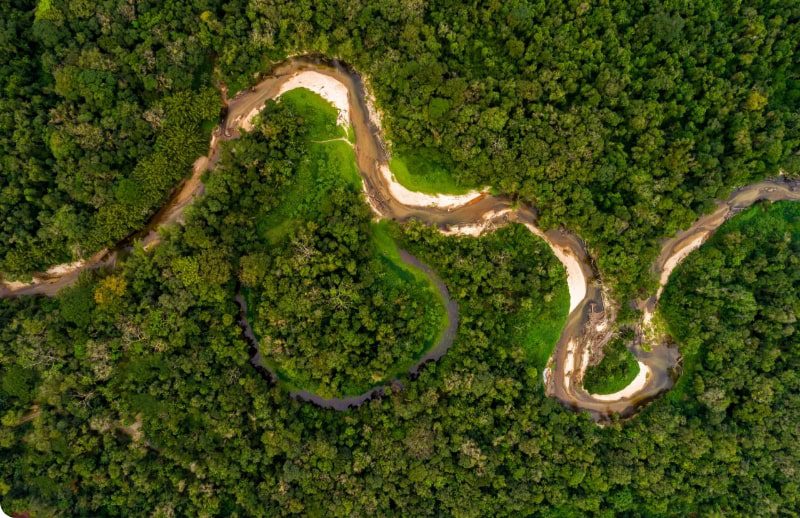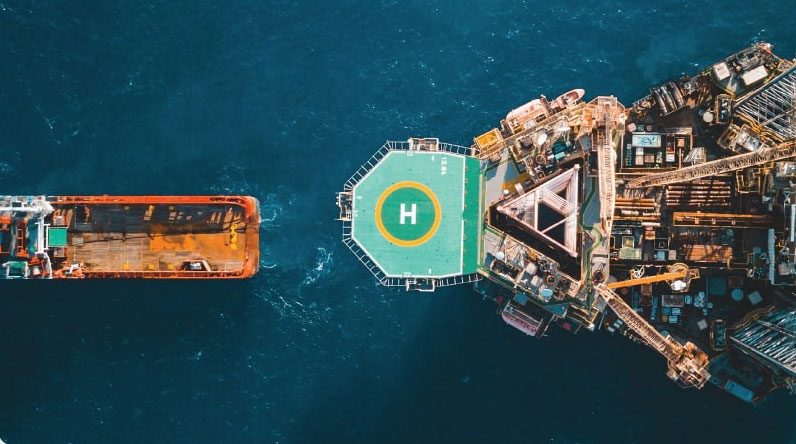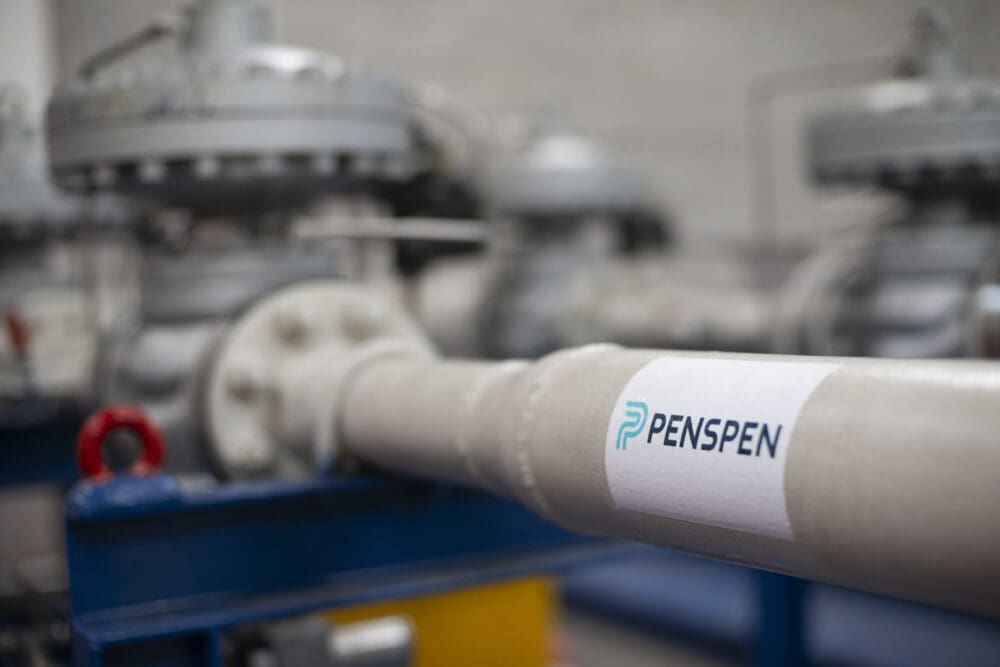PDAM Contents
The ‘PDAM’ project has four products:
- PDAM – The Pipeline Defect Assessment Manual is a 473 page manual containing the detailed methods needed to assess a variety of defects in pipelines;
- Reviews – Twenty-four pipeline defect assessment literature reviews were researched and written to provide a sound technical basis for the recommended methods in PDAM;
- Calculations – Thirty spreadsheets covering the methods in PDAM were developed;
- Data – Thirty-five spreadsheets containing the full-scale test data that form the bases of many of the recommended methods in PDAM, were produced.
The chapters of the current 473-page PDAM Manual are:
- Introduction;
- Scope;
- Background;
- Types of Defect Considered;
- The Methodology for Conducting an Assessment;
- The Format of the Pipeline Defect Assessment Manual;
- The Definition of Acceptance;
- The Design Factor;
- Design and Operating Pressure and Over-Pressure;
- The Use of Specified Minimum Material Properties;
- The Use of the Specified Minimum Wall Thickness;
- A Corrosion Allowance;
- Measurement Uncertainty and Inspection Tolerances;
- Safe Working Practices in the Vicinity of a Damaged Pipeline;
- Guidance on the Measurement of Damage;
- Repair Methods;
- Assessment Methods Recommended in the Pipeline Defect Assessment Manual;
- References;
- Defect Free-Pipe;
- Corrosion;
- Gouges;
- Plain Dents;
- Kinked Dents;
- Smooth Dents on Welds;
- Smooth Dents and Gouges;
- Smooth Dents Containing Other Types of Defect;
- ‘Spring Back’ and ‘Rerounding’ of Dents;
- Manufacturing Defects in the Pipe Body;
- Girth Weld Defects;
- Seam Weld Defects;
- Cracks and Cracl-Like Defects;
- Environmental Cracking;
- Fatigue;
- Defects in Pipeline Fittings;
- Interaction Between Defects;
- Leak and Rupture;
- Fracture Propagation.
All reports written by Penspen, unless otherwise stated:
- Assessment Methods for Defect Free Pipe;
- Assessment Methods for Corrosion in Pipelines;
- Assessment Methods for Gouges in Pipelines;
- Assessment Methods for Dents in Pipelines;
- Spring Back and Rerounding in Dented Pipelines;
- Assessment Methods for Dents and Gouges in Pipelines;
- Assessment Methods for Dents and Other Defects in Pipelines;
- Time Dependent Behaviour of Defects in Pipelines;
- Assessment Methods for Cracking in Pipelines;
- Assessment Methods for Manufacturing Defects in Pipelines;
- Assessment Methods for Defects in Pipeline Girth Welds and Seam Welds (by DNV);
- Assessment Methods for Environmental Cracking in Pipelines;
- Methods governing and preventing long running ductile and brittle propagating fast fracture in gas transmission pipelines (by CSM);
- Assessment Methods for Defects in Pipeline Fittings;
- The Leak-Rupture Behaviour of Defects in Pipelines;
- Interaction Between Defects in Pipelines;
- Corrosion;
- Cracking;
- Environmental Cracking;
- Fatigue;
- Fracture Propagation;
- Mechanical Damage;
- Subsea;
- Weld Effects.
- Corrosion internal pressure (burst) (using DNV-RP-F101 Part B);
- Corrosion internal pressure (burst interaction) (using DNV-RP-F101 Part B);
- Corrosion internal pressure (burst) (river-bottom) using DNV-RP-F101 Part B);
- Corrosion internal pressure and compressive external (burst) (using DNV-RP-F101 Part B);
- Corrosion internal pressure (burst) (using DNV-RP-F101 Part A);
- Corrosion internal pressure (burst) (using ‘modified’ ASME B31G);
- Corrosion internal pressure (burst) (using ASME B31G);
- Corrosion internal pressure (burst) (using a ‘remaining strength’ criterion);
- Corrosion circumferential bending;
- Corrosion circumferential internal pressure axial load;
- Corrosion circumferential internal pressure axial load bending;
- Gouge longitudinal internal pressure (burst);
- Gouge circumferential bending;
- Gouge circumferential internal pressure axial load;
- Gouge circumferential internal pressure axial load bending;
- Gouge helical internal pressure axial load bending;
- Plain dent internal pressure (burst);
- Plain dent internal pressure (fatigue);
- Smooth dent and gouge internal pressure (burst);
- Smooth dent and gouge internal pressure (fatigue);
- Smooth dent on weld internal pressure (fatigue);
- Girth weld defect (using the EPRG guidelines);
- Leak-rupture longitudinal internal pressure (toughness dependent);
- Leak-rupture longitudinal internal pressure (flow stress dependent);
- Leak-rupture circumferential bending;
- Leak-rupture circumferential internal pressure axial load;
- Leak-rupture circumferential internal pressure axial load bending;
- Fracture propagation (using the EPRG guidelines);
- Fracture propagation (using DNV-OS-F101);
- Prevention of ductile fracture.
- Burst Tests on Defect Free Pipe;
- External Pressure and Other Loads Tests;
- Buckle Propagation Tests;
- Burst Tests on Corrosion;
- Tests on Circumferential Corrosion;
- Tests on Corrosion (internal pressure and other loads);
- Burst Tests on Gouges (Part-Wall Defects);
- Fatigue Tests on Gouges (Part-Wall Defects);
- Tests on Longitudinal Part-Wall Defects;
- Tests on Circumferential Part-Wall Defects;
- Tests on Helical Through-Wall Part-Wall Defects;
- Burst Tests on Through-Wall Defects;
- Tests on Circumferential Through-Wall Defects;
- Burst Tests on Dents;
- Burst Tests on Dents on Welds;
- Fatigue Tests on Dents;
- Fatigue Tests on Dents on Welds;
- Spring Back and Rounding of Dents;
- Burst Test on Dents and Gouges;
- Burst Test on Dents and Other Defects;
- Fatigue Test on Dents and Gouges;
- Test on Defect Free Bends;
- Test on Defects in Bends;
- Tests on Interaction;
- Tests on Defects at Constant Pressure;
- Leak and Rupture;
- Full Scale Burst Test Pipes Data Bank;
- Full Scale Burst Test on Longitudinal Welded Pipes Data Bank;
- Full Scale Burst Test on Spiral Welded Pipes;
- Dent Gouge Burst;
- Dent Gouge Fatigue;
- Longitudinal Gouge Burst;
- Plain Dent Burst;
- Plain Dent Fatigue (Damage);
- Smooth Dent on Weld Fatigue.
Discover More

Join PDAM
You can become a sponsor of PDAM. As a sponsor you will receive the current version of PDAM, (PDAM2.1), the original version plus all the supporting calculation sheets and supporting background literature reviews and test data. You will also be invited to contribute and support the future developments and direction of PDAM on an ongoing basis and kept up to date with all progress.

PDAM Sponsors
The sponsors of PDAM meet either via either a Plenary Committee, or a Technical Committee to discuss progress, new developments and agree on how to direct improvements to the manual. Due to the global nature of the sponsorship meetings are convened online to ensure inclusivity regardless of location. Face to face meetings are also held where possible.
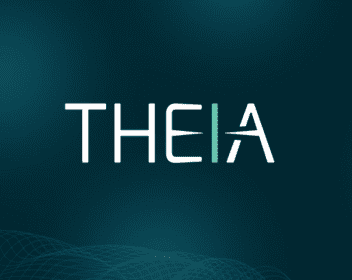
THEIA
Harness the full potential of your pipeline assets through the power of data with THEIA, Penspen’s Pipeline Integrity Management Solution. Developed as part of Penspen’s ongoing commitment to digital transformation, THEIA provides energy, oil, and gas operators with the critical pipeline integrity insights required to optimise performance of assets.
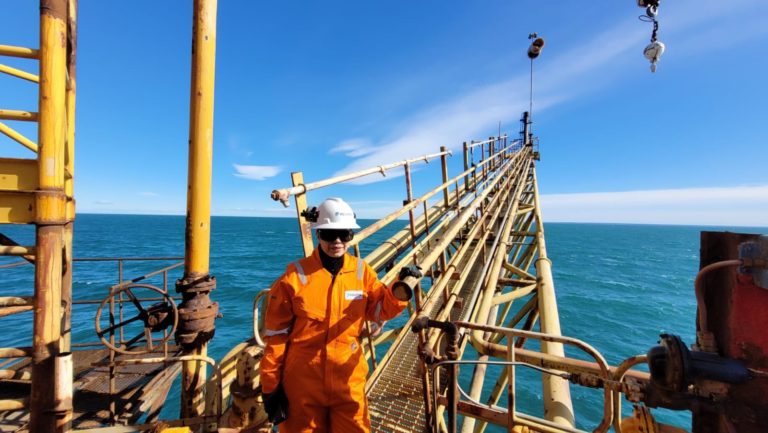
Our Careers
It’s not technology that drives our business, it’s our people. We’re always looking for bright, competent individuals to add to our team. Working for Penspen, you’ll be able to sharpen your career skills on some of the most technically challenging and diverse engineering projects in the global energy sector. View our latest global vacancies.

